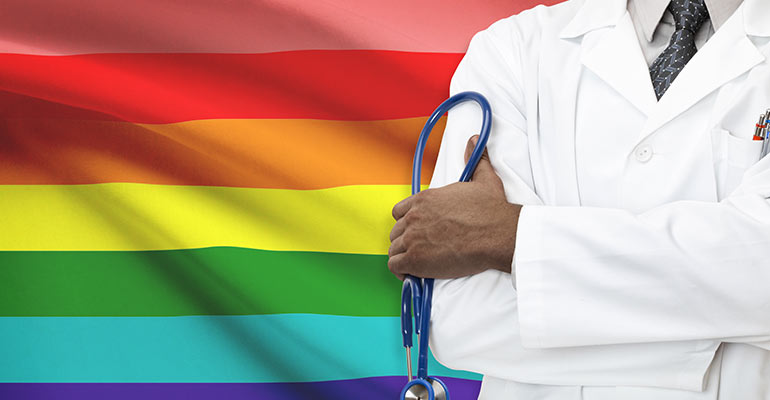
Transgender Employee Relations Reveal Shocking Implicit Bias in Workplace Discrimination Cases
Implicit bias contributes to workplace discrimination
What are implicit biases that cause workplace discrimination cases? Despite workplace training, harassment and discrimination remain problems. In 2014, the U.S. Equal Employment Opportunity Commission (EEOC) received nearly 89,000 charges alleging discrimination against various protected classes, including religion, sex and race.
So why is this happening? Why does discrimination continue to be a problem?
Some scholars who study the issue say that though explicit biases exist, many more people are affected by implicit biases, which are biases that people don’t know they hold. They unconsciously affect people’s decisions and actions.
Scholars have long studied implicit biases against African Americans, particularly African American men. But implicit biases are a problem for any group of people who’ve faced stereotypes. That includes women and members of certain religious groups.
Recently, there has been increased interest in fighting implicit biases, both in the public and private sector. A University of South Florida professor provided training to law enforcement groups across the nation. Private companies can benefit from such training, too.
Robin Brodrick, the founder of Talent Counseling, has recommended that employers implement training to inform employees that these implicit biases exist and provide strategies for how to overcome them.
Recent qualitative studies of transgender workers have provided unique insight to some of the subtle biases women face in the workplace. These studies have followed the experiences of those going through male-to-female and female-to-male transitions.
The men who transitioned from being female say that, when they were women, they experienced subtle snubs that did not seem like a big deal, but once they became men, they noticed they got much more respect. People seemed to listen more and interrupt less. Their advice was taken more seriously.
Some of their stories are included in sociologist Kristen Schilt’s book, “Just one of the Guys? Transgender Men and the Persistence of Gender Inequality.”
Women who transitioned from being men noticed the exact opposite. These employees found that they were often talked over in meetings and their opinions were questioned more often.
Do you believe you or someone you know has experienced workplace discrimination?
Everyone deserves justice in the workplace. If you believe that your employee rights have been violated, then we at Wenzel Fenton Cabassa, P.A., are here to help. Give us a call today for a free consultation.
Please Note: At the time this article was written, the information contained within it was current based on the prevailing law at the time. Laws and precedents are subject to change, so this information may not be up to date. Always speak with a law firm regarding any legal situation to get the most current information available.








